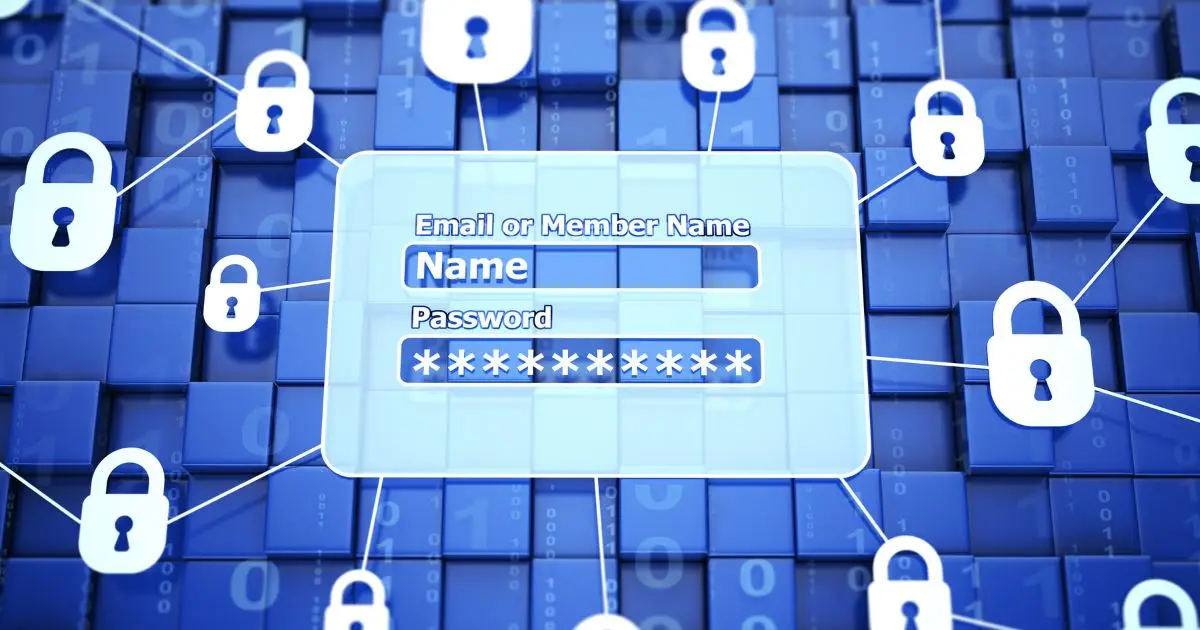Editor’s Note (June 2025): This article has been updated to reflect the most recent trends and threats in WordPress security. The original 2024 content remains available below for archival and reference purposes.
🔐 2025 Update: Plugin Vulnerabilities – What’s New and What You Need to Know
As we move further into 2025, WordPress website security remains a critical issue for business owners and developers alike. With the ever-growing ecosystem of plugins offering advanced functionality, the risk of vulnerabilities has increased significantly. In just the first quarter of 2025, over 800 plugin-related vulnerabilities have been identified. This reinforces the importance of a proactive approach to plugin management and security hardening.
The majority of these vulnerabilities stem from third-party plugins rather than WordPress core itself. In fact, 90% of all reported issues originated from external extensions. While WordPress core continues to maintain a strong security record, it's clear that plugins are the most frequent point of entry for attackers.
Two of the most prevalent threat types this year remain Cross-Site Scripting (XSS) and SQL Injection (SQLi). Both exploit poor input validation and allow attackers to manipulate site behavior or gain unauthorised access. Worryingly, a growing number of these exploits do not require user authentication, making even passive sites potential targets.
🔹 Key Security Tips for Plugin Users
To reduce your exposure to plugin-based vulnerabilities, follow these best practices:
- Use Trusted Sources: Only install plugins from the official WordPress repository or developers with a strong track record. Avoid nulled or pirated plugins at all costs.
- Monitor Updates: Stay alert to plugin updates and apply them promptly. Many updates include crucial security patches.
- Keep Plugin Use Minimal: Every plugin increases your attack surface. Deactivate and delete those not actively in use.
- Enable Auto-Updates Where Safe: For well-supported, popular plugins, enabling auto-updates can provide quicker protection from newly discovered vulnerabilities.
- Test Changes in Staging: Use a staging environment to test plugin updates before applying them to your live site. This helps avoid downtime or functional issues.
🚨 Notable Incidents
In the first half of 2025, several critical plugin vulnerabilities have come to light, underscoring the importance of proactive website security. Below are three of the most significant incidents, each affecting widely-used WordPress plugins:
- OttoKit (formerly SureTriggers): A severe privilege escalation vulnerability (CVE-2025-27007) allowed unauthenticated users to create administrator accounts. Rated 9.8 in severity, this issue affected all versions up to 1.0.82 and was patched on April 30, 2025.
- TI WooCommerce Wishlist: This plugin, active on over 100,000 websites, contained an unauthenticated arbitrary file upload vulnerability (CVE-2025-47577), rated 9.8 in severity. As of May 16, 2025, the issue remained unpatched in version 2.9.2.
- Crawlomatic Multipage Scraper: A vulnerability in versions up to 2.6.8.1 allowed unauthenticated arbitrary file uploads (CVE-2025-4389). Rated 9.8 in severity, this issue could enable remote code execution and was patched in May 2025.
These examples serve as clear evidence that even well-established and widely-used plugins can pose serious risks if not actively maintained and audited. Keeping your site updated and reviewing plugin usage regularly is essential to reducing your exposure.
🛡️ 127 Media Can Help
If you're unsure about the safety of your plugins, suspect a breach, or simply want to take a more proactive approach to site security, 127 Media is here to help. We provide expert-level plugin audits, vulnerability management, and full recovery services in the event of an incident. Contact us today for a no-obligation consultation and let us help you secure your digital presence.
📓 Original Article (Published February 2024)
This section is retained from the original publication for context and historical reference.
The daily spread of cyber threats continues to challenge the integrity of website security and the recent revelation of a critical SQL injection vulnerability in a widely used WordPress plugin serves as a stark reminder of the ever-present dangers.
We became aware of this vulnerability on the website The Hacker News whilst undertaking some routine website security updates today but thankfully it didn’t affect any of our clients’ sites.
However, it makes us realise that you can’t leave anything to chance and that proactive website security is not something you should have, it’s something you MUST have.
As businesses increasingly rely on the Internet to host their operations, the importance of secure web hosting cannot be overstated.

The Wake-Up Call: Understanding the Ultimate Member Plugin Vulnerability
A recent disclosure revealed a critical SQL injection vulnerability in the Ultimate Member plugin, impacting over 200,000 WordPress sites.
This flaw, severe in nature, allowed unauthorised access to sensitive data, underscoring the persistent threat of cyber vulnerabilities.
The Foundation of Cyber Defence: Why Secure Hosting is Non-Negotiable
Secure web hosting packages are not just an added benefit but a fundamental aspect of cyber defence.
They provide essential protection mechanisms that pre-emptively address potential website security threats, ensuring that vulnerabilities like those found in WordPress plugins are managed effectively.
Rather than reacting to breaches after they occur, secure hosting packages take a pre-emptive approach, mitigating vulnerabilities before they can be exploited.
In addition to WordPress plugin vulnerability management, secure hosting packages often provide a range of other security features, including:
- Firewall protection: Firewalls act as a barrier between a website and the internet, blocking malicious traffic and preventing unauthorised access.
- DDoS protection: DDoS attacks are designed to overwhelm a website with traffic, causing it to become inaccessible. Secure hosting packages include DDoS protection mechanisms that mitigate these attacks and ensure website uptime.
- SSL certificates: SSL certificates encrypt data transmitted between a website and its visitors, protecting sensitive information such as passwords and credit card numbers from being intercepted.
- Secure backups: Regular, secure backups are essential for disaster recovery in the event of a security breach or hardware failure. Secure hosting packages include automated backups that are stored in a secure location, ensuring that data can be quickly restored if needed.
Beyond the Basics: The Comprehensive Approach to Secure Hosting
Secure hosting goes beyond standard measures, incorporating regular updates, backups, and sophisticated threat detection systems.
This multi-layered approach ensures resilience against exploitation and protects sensitive information, even in the face of emerging vulnerabilities.

Proactive vs. Reactive: The Secure Hosting Advantage in Cyber Threat Prevention
The incident with the Ultimate Member plugin illustrates the importance of a proactive website security posture.
Secure hosting offers this advantage, featuring built-in security protocols that act as a first line of defence against potential cyber-attacks.
Choosing the Right Shield: Key Features of Secure Hosting Packages
Selecting a hosting provider that emphasises website security means accessing a suite of advanced features designed to protect against a wide array of cyber threats.
This includes DDoS protection, malware scanning, and intrusion detection systems, among others.
A Secure Future: Investing in Hosting Security as a Business Imperative
As the digital world evolves, so does the sophistication of cyber threats. The recent plugin vulnerability serves as a reminder of the critical need for secure hosting.
Investing in secure hosting is not just about protecting data but also about safeguarding the trust and reliability that customers place in businesses online.
In conclusion, the integration of secure hosting services into a business’s online strategy is an essential step towards ensuring a robust defence against the ever-changing threat landscape.
By prioritising website security, businesses can maintain a strong, secure online presence, crucial for their long-term success and reliability.
If you’d like to talk about secure web hosting and how 127 Media can help, call me on +44 01704 332127 or email wordpresshelp@127media.com we’d love to help.


